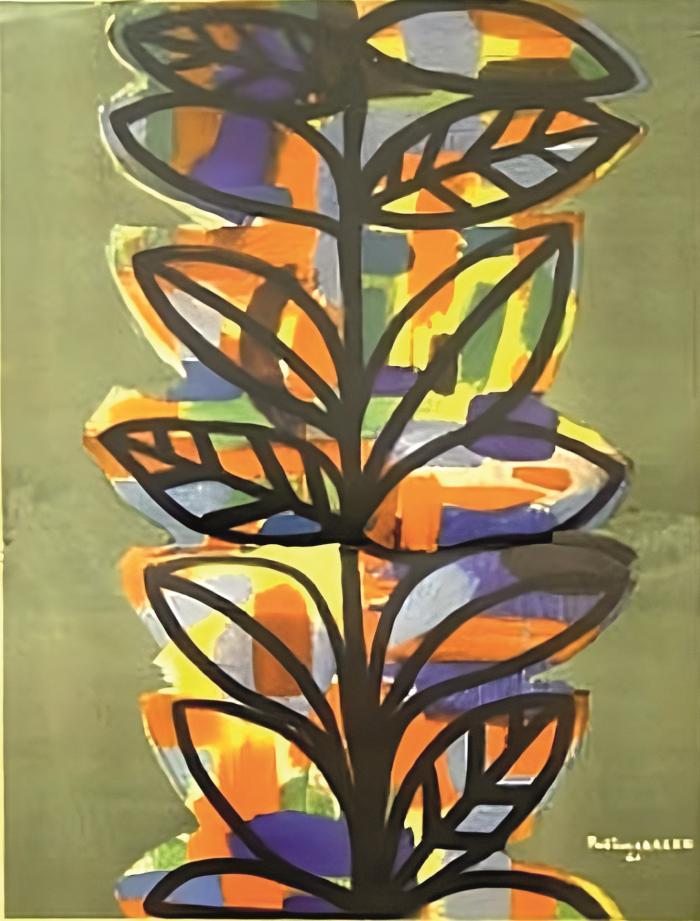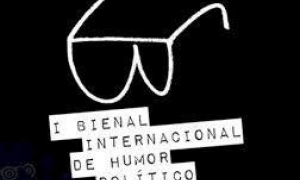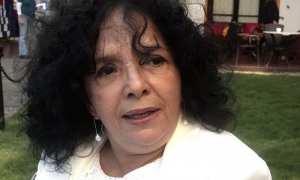
The figure of the creator or the work? Perhaps the national culture or the project that is produced and reproduced by it and through it? In the end, what is the priority of the Union of Writers and Artists of Cuba (Uneac)?
If we reflect carefully on the nature of this "social organization with cultural and artistic purposes," on its creation and history, we will understand not only the many missions that converge in it, but also that they all articulate with each other, and that they should do so seamlessly.
For Miguel Barnet, Honorary president of Uneac, the priority is "to listen, to value, to temper all the points of view of the artists in a big mailbox of complaints and suggestions that will be transferred as a transmission belt to the spheres of the State, the Government, the Ministry of Culture, the Party.”
"...If any cultural institution in the country makes a mistake in the application of the Cultural Policy, that is what writers and artists are there for, to judge and make constructive criticism. We have to be more and more demanding about what we publish, what we promote. That our production corresponds to the ethical and artistic values of the country's cultural policy," he added.
Founded on August 22, 1961, the organization was born to preserve the project of social justice and national independence, and also to seek unity in the cultural, artistic and ideological diversity of that time.
The thought of Fidel Castro Ruz and his Palabras a losIntelectuales (Words to the Intellectuals) were essential for this birth: to unite in difference, always within the Revolution.
NicolásGuillén, the first president of the writers and artists, summed up the feeling of initial years: "We know that we are counted on, and this is an immense honor, that complex of dreams that is the new homeland, that is the Revolution; dreams that are fulfilled every day, that grow and materialize before our astonished eyes, and that inspire us to seek the most intimate, the most faithful, the most honorable way to serve our liberated culture forever, every day.”
Under the aegis of these principles: consensus, respect for diversity, artistic excellence, humanism and constant communication with the country's leadership, the Union has grown with an institutional structure throughout the island, and specific missions: to stimulate, protect and defend intellectual and artistic creation; and to recognize, structure and promote the widest freedom of creation.
In short, it is a system that is part of the cultural fabric of the country and ensures the civic interaction of its members in the development of their territories and the nation as a whole.
The challenges of this path are to continue to weave unity among creators, to promote and support the most worthy of Cuban art, to encourage debate and criticism, and to support the ever-revolutionary forces in opposition to artistic conservatism.
The hierarchies have a solid defender in Uneac, which, in order not to err in its creation and maintenance, must always be open to renewal.
In the project of the country, artists and writers are not part of an isolated elite, but protagonists of all national struggles, alongside the people, and essential actors in the preservation of spirituality, values and ethics.






